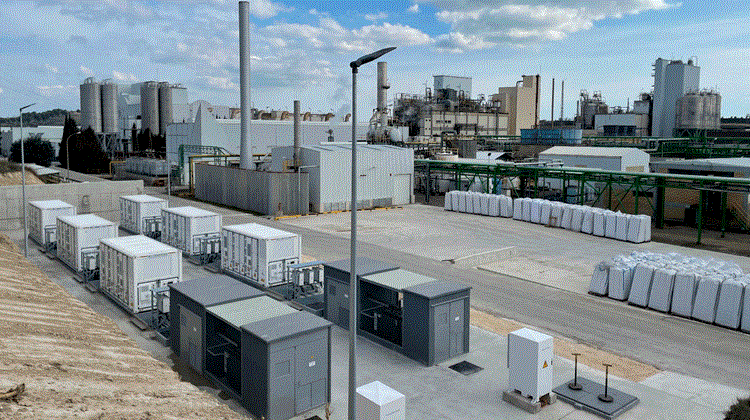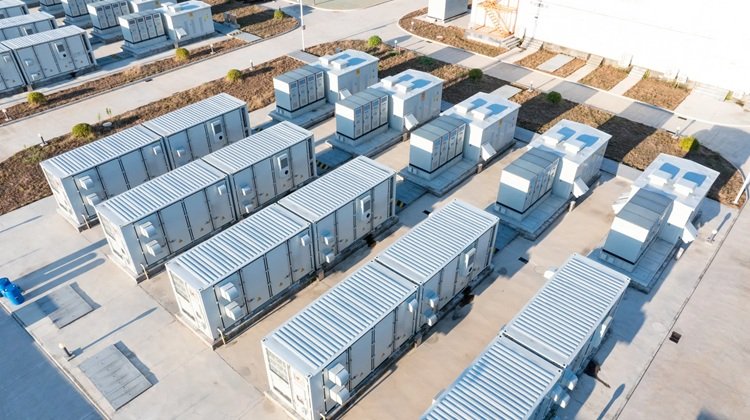Karol Nawrocki’s election as president of Poland, with 50.89% of the vote, introduces a new layer of institutional resistance to the country’s already fragile energy transition. While the presidential office does not hold legislative control, it wields veto power and the ability to propose legislation, giving Nawrocki a strong hand in shaping national policy.
For Tomasz Płudowski, Deputy Dean of the School of Social Science at VIZJA University, the result was foreseeable despite general surprise. “Nawrocki’s victory came as a surprise to many of his supporters but not to me,” he says. “PiS is usually underrepresented in the polls, some respondents refuse to answer. They are more likely to support Nawrocki.”
This electoral pattern, where Law and Justice (PiS) voters are not fully captured by traditional polling, partly explains how the party maintains influence, especially in regions sceptical of climate-oriented reforms.
Turning the Green Deal into a scapegoat
Płudowski highlights that the PiS government initially negotiated the European Green Deal, but later transformed it into a target of public criticism. “The Green Pact was negotiated by a representative of the PiS government, but they started opposing it publicly when they saw it would benefit them and could be used as a scapegoat,” he points out.
This shift reveals a calculated political tactic: blaming external forces, particularly Brussels, to justify resistance to climate policy and defend Poland’s reliance on domestic fossil fuels. Nawrocki, closely aligned with this strategy, presents coal not just as a fuel, but as a symbol of sovereignty.
“They definitely want to keep relying on coal even though it is expensive, dangerous and dirty,” observes Płudowski. The ideological component is clear: “Like Trump, they do not like ecology, some of them do not believe in global warming.”
A politicised energy transition
This turn against the Green Deal is not just rhetorical. With veto power in hand, Nawrocki could effectively block any legislation favouring clean energy, regardless of parliamentary composition. Such institutional leverage adds to an already inconsistent energy framework in Poland.
The presidency’s discursive weight, combined with its legislative tools, could stall or undo progress in renewables. This aligns with a wider PiS narrative portraying EU climate policy as external interference, incompatible with national interests.
The risk lies not only in delaying infrastructure development but in eroding investor confidence, as Poland’s energy direction becomes increasingly driven by identity politics rather than strategic planning.
Limited room for renewables
Under Nawrocki’s presidency, only offshore wind energy may find some acceptance, due to its geopolitical importance and industrial potential. However, broader segments of the clean energy sector —solar PV, energy storage, electric mobility— face a shrinking policy window.
The message from the top is clear: national energy independence trumps climate goals. This reorientation is likely to cause regulatory instability, particularly if Nawrocki’s allies gain parliamentary strength in future elections.
From climate policy to cultural resistance
Płudowski’s analysis helps decode the political mechanics behind PiS’s stance: first negotiating, then attacking the Green Deal, all to maintain domestic electoral appeal. It’s a strategy that transforms climate action into a tool of internal polarisation.
While Europe pushes forward with decarbonisation, Poland now enters a phase where environmental objectives are reframed as ideological threats. In this context, the country’s energy transition risks being sidelined in favour of symbolic sovereignty battles, and coal remains at the heart of that narrative.




























